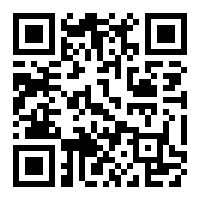Alas, policymakers and regulators are starting to talk about Facebook's Libra in terms of banking, currency
A month ago, Facebook launched its darling crypto project called "Libra." Shortly after, folks started directing questions at David Marcus, the executive in charge of the gig. Their questions seemed to indicate some confusion in the market. Now, we are finally seeing policymakers and regulators throwing some of their critical weight around. But, there's still a lot they're missing...
Trump and Mnuchin respond to Libra and how it's probably not going to work
....Similarly, Facebook Libra’s “virtual currency” will have little standing or dependability. If Facebook and other companies want to become a bank, they must seek a new Banking Charter and become subject to all Banking Regulations, just like other Banks, both National...
— Donald J. Trump (@realDonaldTrump) July 12, 2019
For sure, plenty of bad central banks. If you want an example of decentralized banking, take a look at 19th century US banking. It looked like modern day crypto 😂 . Fraud everywhere, Fly-by-night, etc. What fixed it? USPS 😉 aka, postal banking.
— Erik Fertsman (@ErikFertsman) July 12, 2019
Other officials respond to libra and how it's probably not going to work
SHARE THIS ARTICLE
Enjoyed this article and want to support our work, but are using an ad blocker? Consider disabling your ad blocker for this website and/or tip a few satoshi to the address below. Your support is greatly appreciated.



